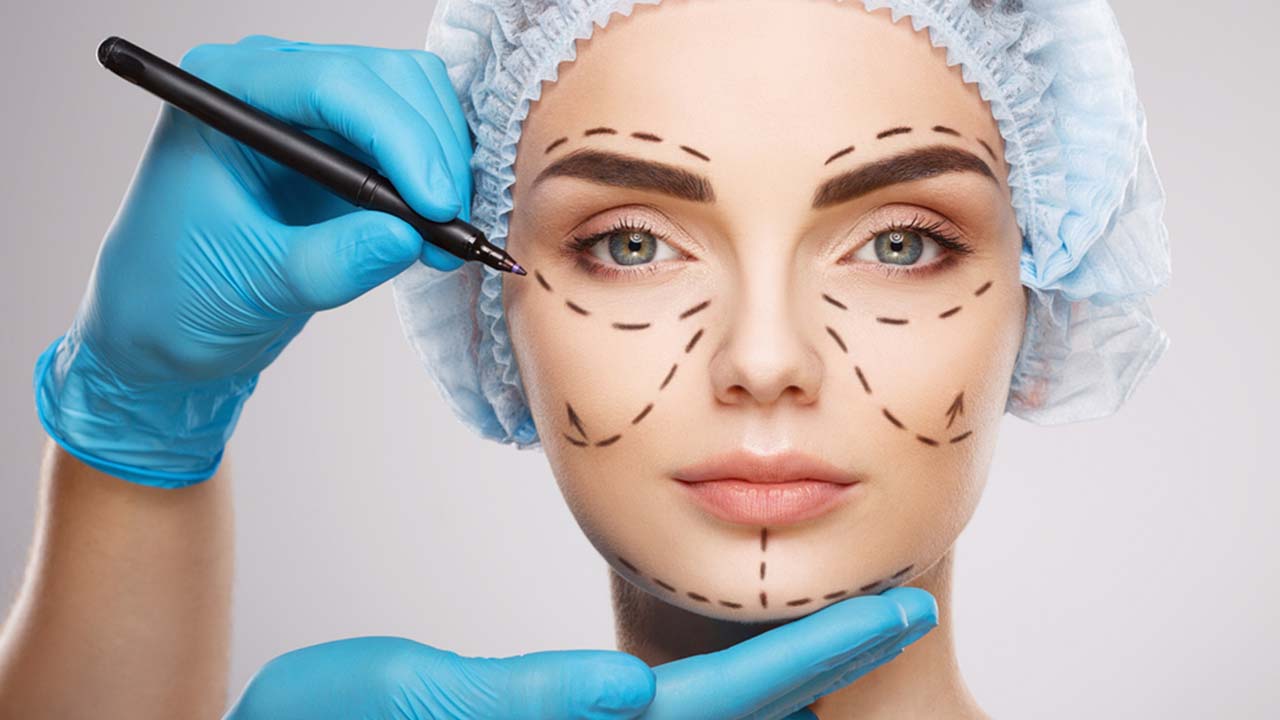Enhancing appearance with cosmetic surgery is often driven by self-esteem issues or the desire to improve how one looks for any number of reasons. Often, however, the desire for such work is sparked by feelings of inadequacy because of how one sees themselves in comparison to how others envision them.
In the past, plastic surgery was associated with individuals with serious physical deformities such as cleft palate, long-unrepaired facial burns, and life-threatening diseases or defects, such as cancer. However, today, plastic surgery has become increasingly common, more acceptable, and even mainstream, encompassing a wide range of procedures and services. If an individual is considering plastic surgery, find a plastic surgeon, and learn more about the procedure(s) that may be an appropriate fit for you.
When Should Plastic Surgery Be Considered?
If there is something that prevents an individual from feeling confident in their own skin and something that prevents them from enjoying life, cosmetic surgery may be an option. A cosmetic-surgery consultation can help set the stage for effective treatment. But before making an informed decision, it is important to ask a few key questions and get some answers.
1. Your Expectations:
Consider how you want to look, how you would feel about yourself after surgery, and what life changes you expect surgery to help you make. Are you motivated to have surgery to achieve a specific appearance that will bring you increased self-confidence?
Any time a patient undergoes any type of surgery, there may be some possibility for discomfort or postoperative complications, which may require changes in lifestyle for a certain period of time. Changes may include new dietary precautions, avoidance of certain physical activities, changes in medications, the use of ice packs and/or pain medication, and treatments with topical ointments. Patients may also require frequent contact with their plastic surgeon. In addition, every surgery requires patients to carefully consider the threat of infection.
2. Value of the Surgery:
How much do you appreciate your quality of life? If a decision can guarantee you a life without pain (or the threat of pain) as well as the possibility of a better quality of life, you may find the surgery a good value.
3. Health Considerations:
For some individuals, their decision may include a medical or health factor. For example, if the patient is only asymptomatic but chooses to have surgery to prevent possible future illness or to prevent illness from progressing, surgery may be appropriate. One good example is a polycystic ovarian syndrome (PCOS). This syndrome prompts a patient to undergo a muscle-relaxing procedure to reduce the potential risk of developing muscle spasms and to aid in the release of a hormonally active agent and an increased volume of a pelvic-pain medication, which are administered vaginally.
4. Expense:
Cosmetic surgery is very expensive. One issue surrounding the cost of cosmetic surgery is whether the proposed treatment will actually benefit the patient’s physical health and psychological wellbeing. If it will, then the benefits of the procedure might outweigh the cost. If it does not, then the cost may be too high.
Wishful thinking often plays a role in patients’ desire to have cosmetic surgery. Discussing these hopes and expectations with your doctor may help illuminate the extent to your desire to have plastic surgery as well as help you focus on what you want to achieve by having surgery.
Conclusion:
To learn if you’re a candidate for cosmetic surgery, find a plastic surgeon who reflects your values, shares your concerns and helps you understand the benefits and risks of plastic surgery to achieve your ideal appearance.
